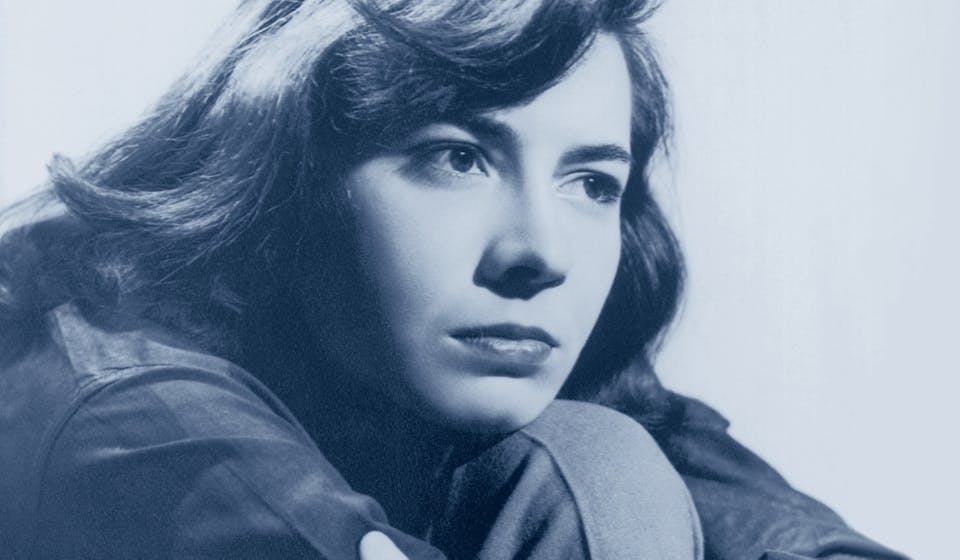Imprint
- Virago
- Virago
Virago Modern Classics, Fiction, Modern & contemporary fiction (post c 1945), Classic fiction (pre c 1945), Crime & mystery, Thriller / suspense
Nowhere is Patricia Highsmith more edgy than in these seventeen menacing, spine-chilling sketches that make up Little Tales of Misogyny.
LITTLE TALES OF MISOGYNY is Highsmith's legendary, cultish short-story collection. With an eerie simplicity of style, Highsmith turns our next-door neighbours into sadistic psychopaths, lying in wait among white picket fences and manicured lawns. In these darkly satirical, often hilarious, sketches you'll meet seemingly familiar women with the power to destroy both themselves and the men around them.
'The No.1 Greatest Crime Writer' The Times
Praise for Little Tales of Misogyny: A Virago Modern Classic
-
The No.1 Greatest Crime Writer - The Times
-
It's not just the men who come off badly in this short, sharp shock of a collection . . . Each story is more appalling than the next, deadpan in tone and dripping with black humour - Independent
-
Very wicked, very funny and - this being Highsmith's mission in life, as far as one can tell - very unsettling - Guardian
-
These little tales are tremendous fun, glorious hand grenades lobbed at the reader by a gleeful, cackling Patricia Highsmith
-
For eliciting the menace that lurks in familiar surroundings, there's no one like Patricia Highsmith - Time
-
These are extraordinary stories . . . etched in acid and unforgettable . . . Highsmith is a mistress of a fine and dangerous art. Let the reader beware - Financial Times

Patricia Highsmith
Patricia Highsmith (1921-1995) was born in Fort Worth, Texas, and moved to New York when she was six. In her senior year, she edited the college magazine, having decided at the age of sixteen to become a writer. Her first novel, Strangers on a Train (1950), was made into a classic film by Alfred Hitchcock in 1951. The Talented Mr Ripley (1955), introduced the fascinating anti-hero Tom Ripley, and was made into an Oscar-winning film in 1999 by Anthony Minghella. Highsmith died in Locarno, Switzerland, in February 1995. Her last novel, Small g: A Summer Idyll, was published posthumously, the same year.






































.png?auto=compress&w=150&h=60&fit=crop&fm=jpg)


.png?auto=compress&w=150&h=60&fit=crop&fm=jpg)

